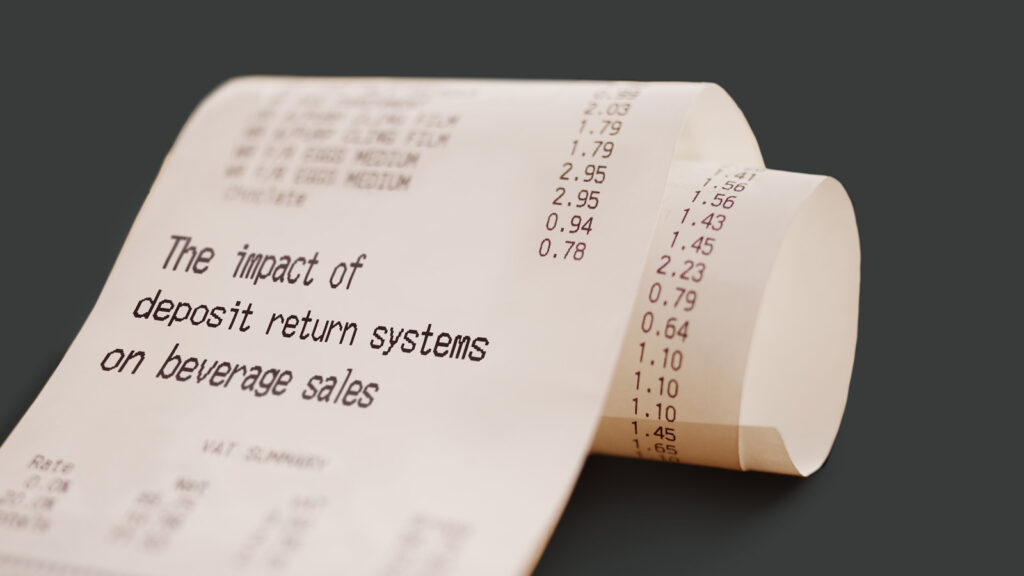
New analysis shows the introduction of new deposit return systems or program changes has no discernible impact on beverage sales.
Reloop News

New analysis shows the introduction of new deposit return systems or program changes has no discernible impact on beverage sales.

Study released by the Container Recycling Institute (CRI) and Reloop suggests beverage industry concerns that deposit systems lead to sales declines are unfounded.
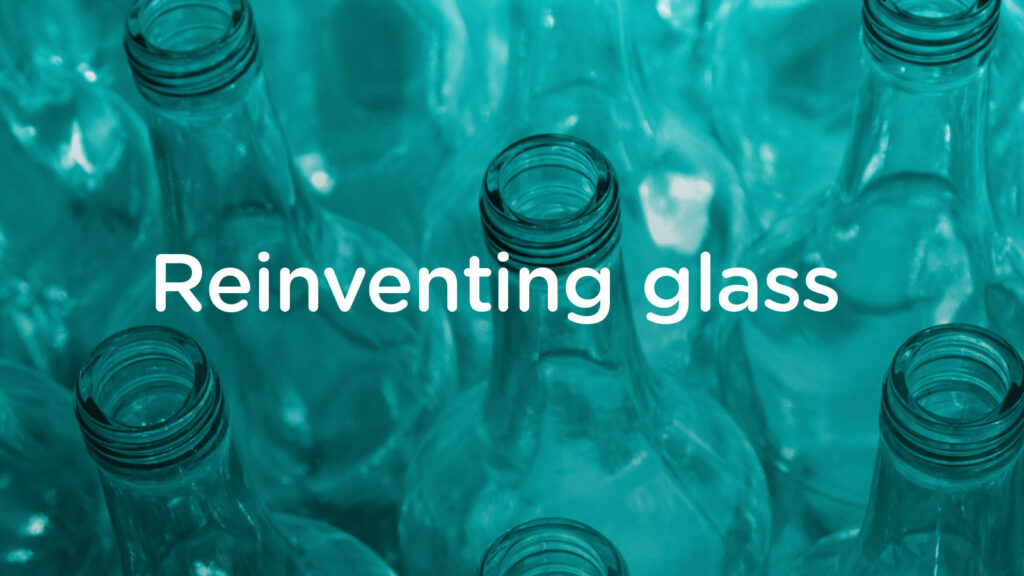
Our policy recommendations for the PPWR highlight the urgent need to address the environmental impact of single-use glass packaging.
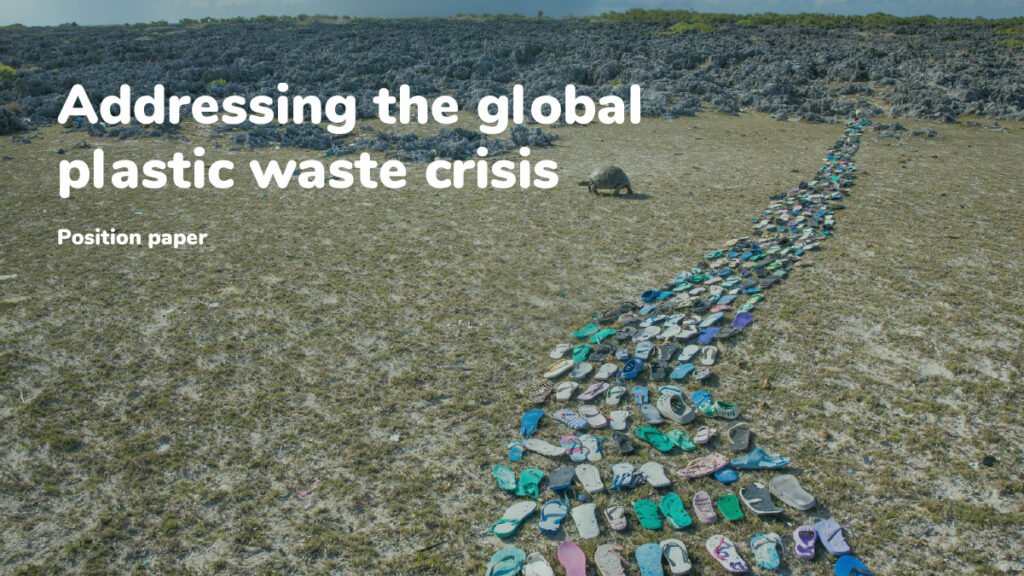
Despite its overall excellence, UNEP’s Turning Off the Tap study downplays the importance and feasibility of delivering quality and convenient waste management services. This study contends that the scale and costs involved make it impractical to implement comprehensive waste collection services for all. However, this perspective can and must be challenged.
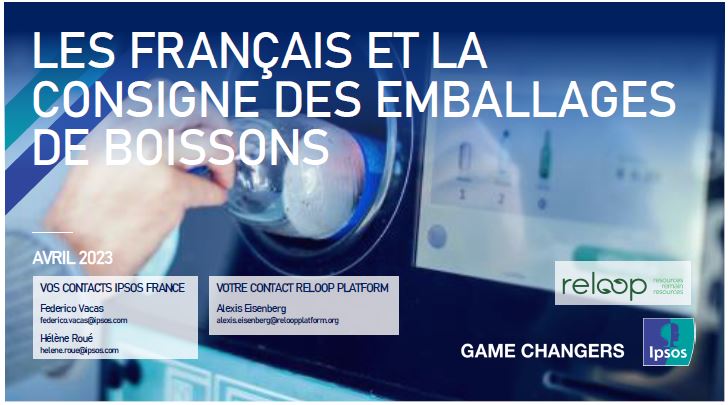
Survey conducted by Reloop France showed that the French strongly support the implementation of a deposit return scheme for beverage containers.
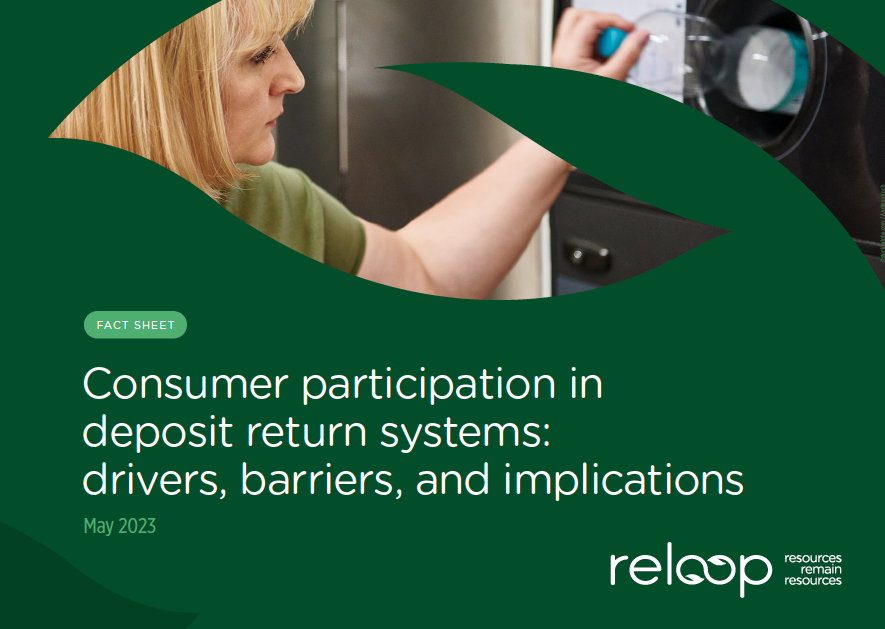
New Reloop fact sheet on consumer participation in deposit return systems.
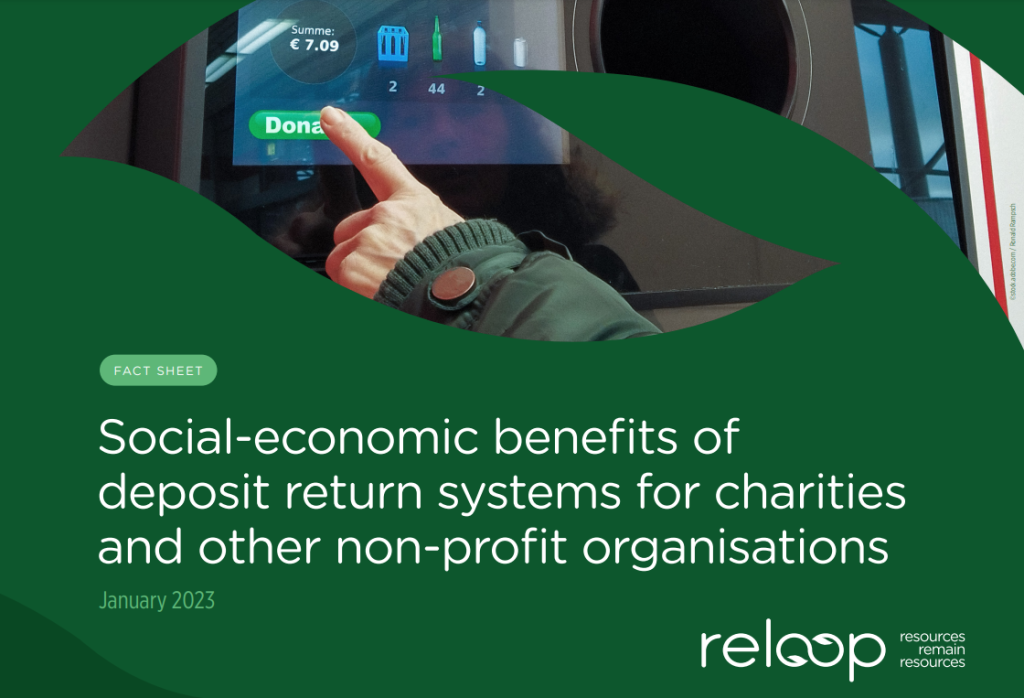
Deposit return systems (DRS) have been implemented in over 50 jurisdictions worldwide.
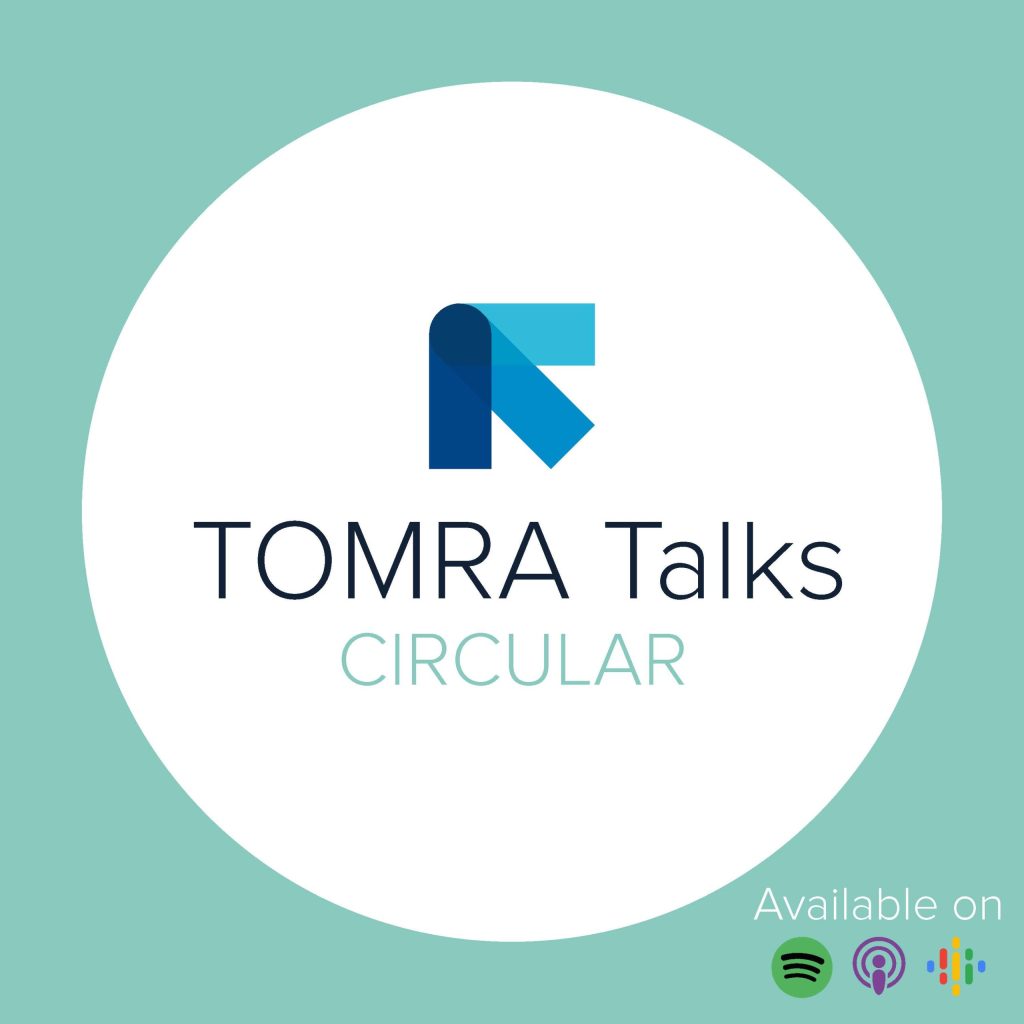
Reloop’s Clarissa Morawski explores the complicated matter of moving towards a circular economy on the TOMRA Talks Circular podcast.
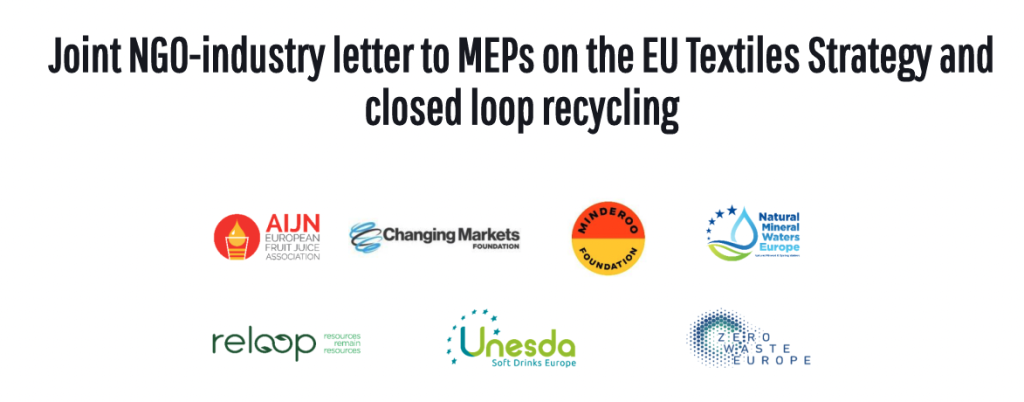
The letter focuses on the issue of downcycling PET beverage bottles in textiles claimed to be “sustainable” or “circular.”